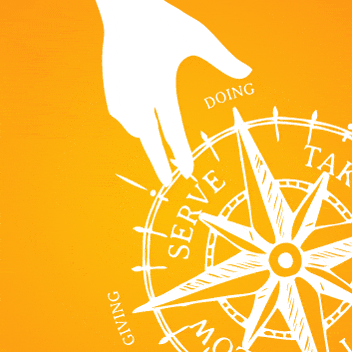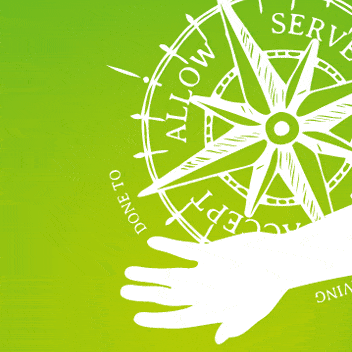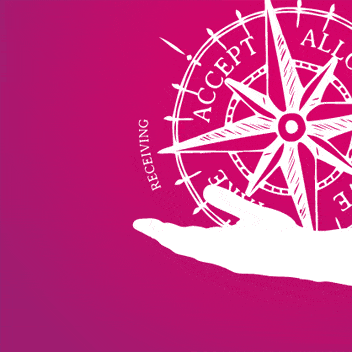
Needy, or necessary? Why is it so hard to ask for what you want?
I’ve talked before about how – when it comes to healthy giving and receiving – getting good at noticing what you want is the key to improving your relationship with yourself and with others.
And yet, of course, it’s one thing to notice what you want … and another thing entirely to tell someone else that you want it. Especially if you want something that involves them.
Because what if they’re not able or willing to give you what you want?
The truth is – as the Rolling Stones sang – you can’t always get what you want.
So expressing your desires to someone else can feel like a pretty vulnerable thing to do, because there’s a chance we might get a ‘no’.
And most of us aren’t that comfortable with feeling vulnerable so we’ll do anything we can to avoid it.
In fact we can be pretty inventive when it comes to trying get our needs met even when we can’t ask for what we want – watch this video for more about that:
Strategies that don’t always work
Because it can feel so vulnerable to ask directly for what we want there are some strategies we use to get someone else to give us something without having to actually make a request for it.
Here are some of the most common. How many do you recognise as ones you’ve used yourself?
Making a statement (and hoping the other person will do something about it): “I want a cup of tea”
Asking if the other person wants it (and hoping they’ll say ‘yes’ and do something about it): “Do you want a cup of tea?”
Hinting (and hoping the other person gets the hint): “A cup of tea would be nice”
Creating an expectation (usually involving the word ‘should’): “We should have a cup of tea”
None of these are actually guaranteed to result in you getting the cup of tea you want – but they might end up with the other person feeling pressured, or guilt-tripped!
A good rule of thumb is: if your sentence ends in a full stop, and not a question mark it’s unlikely to result in you getting what you want in a way which feels good to both of you.
A better strategy
The truth is if you want a cup of tea the only way to be sure of getting one is to make a clear request for it:
“Will you make me a cup of tea?”
Or even
“May I use your kitchen to make a cup of tea?”
This way the other person has a clear opportunity to decide for themselves if that’s something they’re willing for.
This might not sound like a big deal with a cup of tea – but imagine the same thing happening in a more vulnerable or challenging situation, when emotions or touch are involved for example!
So it helps to start practicing with things which feel less high-stakes – like a cup of tea!
Get better at being able to ask for what you want
It’s great to practice making requests.But there’s actually another step that comes even before this:
In order to be able to ask for what you want you have to KNOW what you want!
And in a world where many of us have become disconnected from being able to fully notice our own needs and desires knowing what you want can feel just as challenging as asking for it – if not more so!
So if you’d like help building your skills with all of this check out my Meet Your Needs coaching options.
The quadrants
Each quadrant in the Wheel Of Consent creates a different experience and teaches you something different about yourself. Learn more about each one:
Enjoyed reading this?
If you've found this page helpful you can get more tips and resources for better relating straight to your inbox. Sign up here and get my free How To Be Heard guide to start you off:
Explore more:
A simple approach to consent and boundaries
If you feel overwhelmed by the idea of consent and boundaries here are some simple things to focus on which will make it easier to understand.
Read MoreWhy are we so scared of talking in the bedroom?
Talking in the bedroom is often viewed as ‘dirty’ or avoided completely. Find out why it’s time to change that narrative.
Read MoreGiving and receiving explained – 6 key ways to tell the difference
If you think giving and receiving don’t need to be explained you might be surprised by this handy guide that breaks down the differences
Read MoreEvents & courses
Learn To Touch – Supported Self Study Course
Online. Discover a whole new approach to touch that will change how you feel – literally! A short, affordable, practical guide you can learn in less than an hour a day.
Read More







